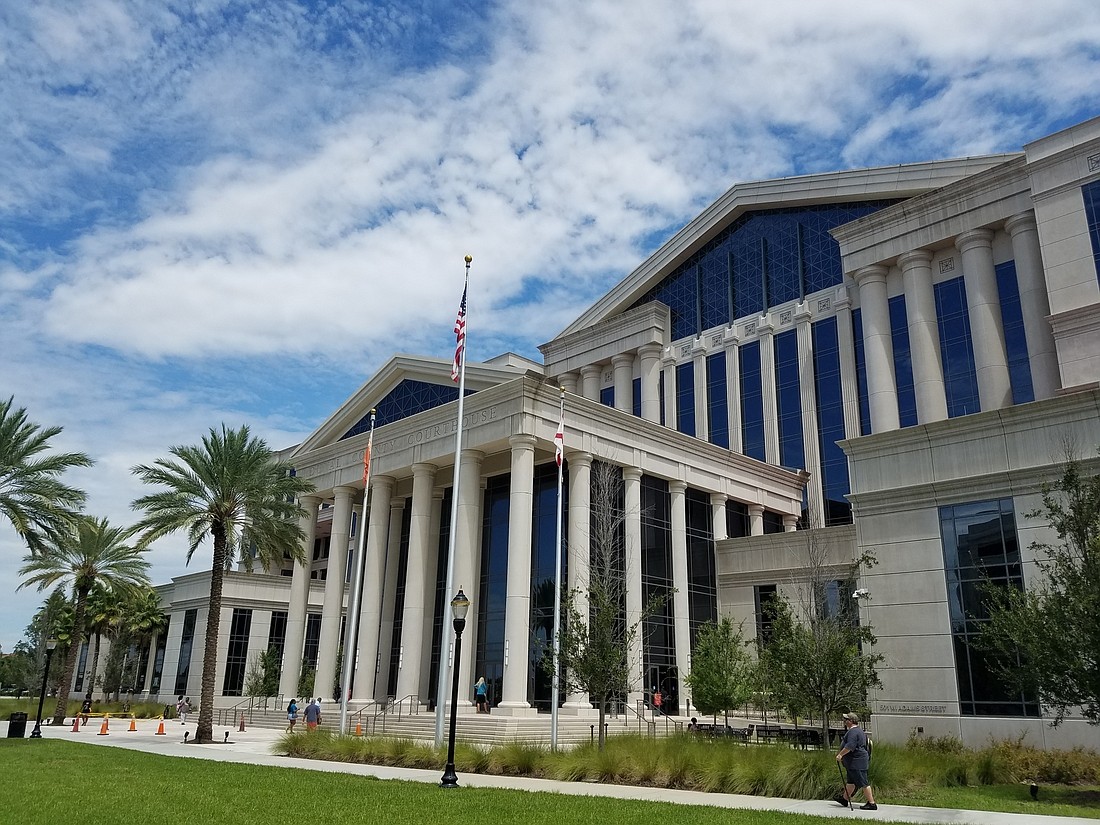
State courts, including in the 4th Circuit in Clay, Duval and Nassau counties, could lift some of the restrictions put in place nearly 15 months ago because of the COVID-19 pandemic as soon as June 21.
Administrative order AOSC 21-17 signed June 4 by Chief Justice Charles Canady states that it is time to modify health protocols because vaccines are adequately available for people age 12 and older; almost half of the state’s population is partially or fully vaccinated; and government-issued health standards and guidance provide that fully vaccinated people do not need to wear face masks or social distance in most indoor and outdoor settings unless required by federal, state or local laws, rules or regulations.
County, circuit and appellate courts have until Aug. 2 to implement the guidelines in the June 4 order.
Fourth Circuit Chief Judge Mark Mahon said he will meet remotely with the administrative judges and other stakeholders June 7 to begin planning for local courts to return to limited in-person proceedings.
The meeting will include judges, attorneys, courthouse staff, the Jacksonville Sheriff’s Office and the Duval County Clerk of Courts.
“There are a ton of details, but we have two weeks to implement the order,” Mahon said.
Effective June 21, participants and observers may wear face masks if they wish. A mask must be provided upon request and social distancing is optional.
The order establishes priorities for cases to be heard in person after June 21, from highest to lowest:
• Circuit and county criminal trials with a defendant in custody.
• Circuit trials for juveniles being tried as an adult.
• Juvenile delinquency trials.
• Circuit and county criminal trials with a defendant not in custody.
• Termination of parental rights trials.
• Circuit civil jury trials.
• County civil jury trials.
• All other court proceedings.
The order states that to maximize the availability of facility space for trial court proceedings that must be conducted in person, each chief judge should take all steps necessary to support the remote conduct of other trial court proceedings with the use of technology.
In addition, people who have the capability of participating by electronic means in remote appellate or trial court proceedings must continue to do so.